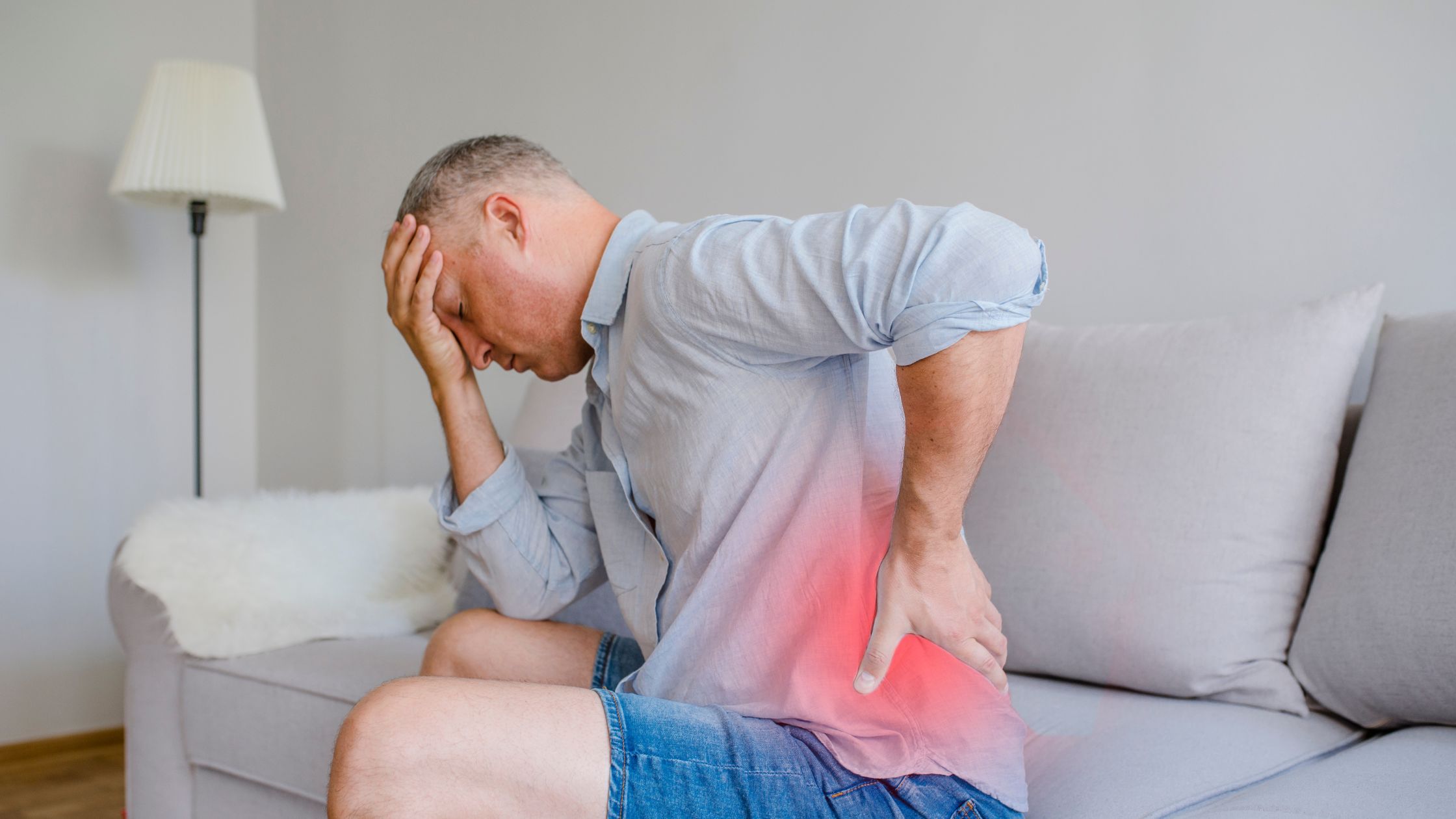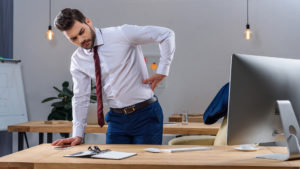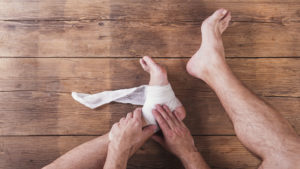Quick Relief For Hip Pain: Insights From Portland Wellness Care
If you’ve ever wondered what is the fastest way to relieve hip pain, you’re not alone. Whether it’s a dull ache or sharp pain radiating down your leg, hip pain can disrupt daily activities and reduce quality of life. Fortunately, there are both immediate and long-term strategies for hip pain relief, many of which you can start today at home—or with the help of trusted providers like Portland Wellness Care.
Common Causes of Hip Pain
Understanding the root cause is key to effective treatment. Hip pain can be influenced by age, activity level, lifestyle, or underlying health issues. Common hip pain causes include:
-
Osteoarthritis: A degenerative joint disease that gradually wears down cartilage, leading to joint stiffness and inflammation.
-
Bursitis: Inflammation of the bursae, the fluid-filled sacs that cushion your joints, commonly felt as side hip pain.
-
Tendonitis: Inflammation of the tendons around the hip joint, often due to overuse or poor posture.
-
Hip Flexor Pain: Caused by tight or strained hip flexor muscles, common among runners and people who sit for long periods.
-
Labral Tears: Damage to the cartilage around the hip socket can lead to joint instability and pain during movement.
-
A Herniated Disc: When the disc presses on the sciatic nerve, it can trigger pain that starts in the lower back and travels to the hip.
-
Weakened Bones: Conditions like osteoporosis can lead to fractures and hip pain after a fall.
-
Avascular Necrosis: A lack of blood flow causes bone tissue to die, often resulting in progressive hip pain.
-
Rheumatoid or Septic Arthritis: Autoimmune or infectious conditions that damage the hip joint.
Where Is Hip Pain Usually Felt?
The location of your hip pain can offer clues about its cause:
-
Front of the hip or groin: May indicate arthritis or labral tears.
-
Outer hip or side hip pain: Often linked to hip bursitis or tendonitis.
-
Buttocks pain: Can involve deep muscle or tendon problems.
-
Radiating pain down the thigh or knee: May signal sciatica or a herniated disc.
-
Hip pain when sitting or hip pain after sitting for extended periods can point to tight flexors or inflammation.
-
Hip pain while sleeping on side (especially during pregnancy) can also signal joint misalignment or bursitis.
How Do I Get My Hips To Stop Hurting?: Fast Ways to Relieve Hip Pain at Home
If you’re looking for how to get rid of hip pain fast or how to relieve hip pain immediately, try these at-home remedies:
-
Rest: Limit movement and avoid activities that trigger pain.
-
Ice or Heat: Ice reduces inflammation; heat relaxes tight muscles.
-
Stretching: Gentle stretches like hip flexor and butterfly stretches improve mobility.
-
Over-the-counter meds: NSAIDs like ibuprofen help with inflammation and pain.
-
Change your position: If your hip hurts from sitting, stand and stretch regularly.
These simple steps can offer immediate hip pain relief and reduce discomfort until you see a professional.
Physical Therapy and Exercises for Lasting Hip Pain Relief
Physical therapy for hip pain can help you regain strength and prevent future flare-ups. At Portland Wellness Care, we often recommend:
-
Stretching routines: For flexibility—hip flexor stretches, pigeon pose, and IT band stretches.
-
Strengthening exercises: Glute bridges, clamshells, and leg raises target the muscles that support the hip joint.
-
Low-impact activities: Walking, swimming, and stationary biking improve circulation and reduce stiffness.
-
Custom hip pain therapy options: Tailored exercises for seniors or athletes, including hip physical therapy programs.
If you’re looking for exercises for hip pain for seniors or those recovering from injury, our team can design a safe and effective routine for you.
What Is A Red Flag For Hip Pain?
Red flags may include persistent pain that doesn’t improve with rest or treatment, sudden and severe pain following an injury, inability to bear weight on the affected hip, or visible deformity. Additional red flags include fever, redness, or warmth around the hip, which may indicate other health issues, and numbness or tingling, which might involve the nerves. Promptly consult a physician if you notice any of these symptoms.
Should I Keep Walking With Hip Pain?
If you’re wondering, is walking good for hip pain?—the answer depends on your specific condition.
-
Mild pain: Low-impact walking can boost circulation, ease stiffness, and promote healing.
-
Severe or sharp pain: Stop activity and rest; continued walking could worsen the injury.
-
Persistent pain after walking or sitting: This may be a sign of underlying issues like hip tendonitis, arthritis, or joint misalignment.
Consulting a professional can help you determine the right balance between rest and movement.
When to Seek Immediate Care at Portland Wellness Care
When hip pain is severe, especially after a fall or injury, or if you can’t bear weight, you need immediate medical attention. If you have swelling, redness, warmth in the joint, chills, or fever, these may indicate you have an infection, and need a physician to assess your hip. If you are experiencing tingling, numbness, weakness in your leg or foot, or chest pain and shortness of breath, your hip should be evaluated by a medical professional at Portland Wellness Care. Delaying proper treatment for your hip pain when any of these happen could lead to complications.
How to Prevent Future Hip Pain
To prevent future hip pain, incorporate low-impact exercise to strengthen the muscles supporting the hips and to improve joint flexibility. Supportive footwear can also reduce strain. Extra weight puts added stress on the hip joints so losing weight can be beneficial. A balanced diet rich in Vitamin D lowers the risk of osteoporosis and hip fractures. Avoid repetitive motions to safeguard your hips.
Hip Pain Relief Treatments at Portland Wellness Care
At Portland Wellness Care, we take a comprehensive, whole-body approach to hip pain therapy. Our treatment options include:
-
Chiropractic adjustments to improve joint alignment
-
Massage therapy to reduce tension and inflammation
-
Acupuncture for hip flexors and joint pain
-
Rehabilitative physiotherapy tailored to your pain and mobility level
-
Custom exercise to relieve hip pain and restore flexibility
We’re here to help you find the best way to relieve hip pain—whether you’re recovering from injury, managing chronic pain, or seeking preventive care.
Get Hip Pain Relief in Portland Today
You don’t have to live with hip pain. If you’re searching for hip pain treatment Portland or hip pain relief methods, our team at Portland Wellness Care is ready to help.
Call or schedule an appointment online to explore your treatment options and get started on your journey to a pain-free life.






